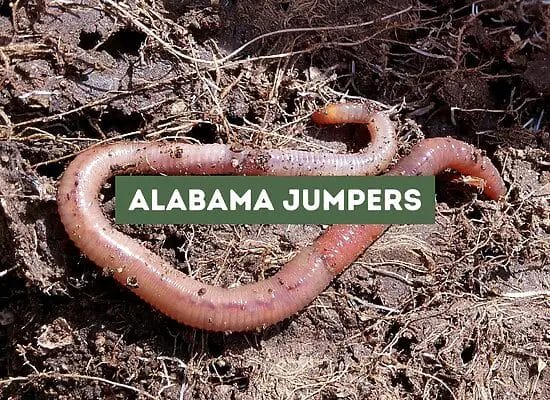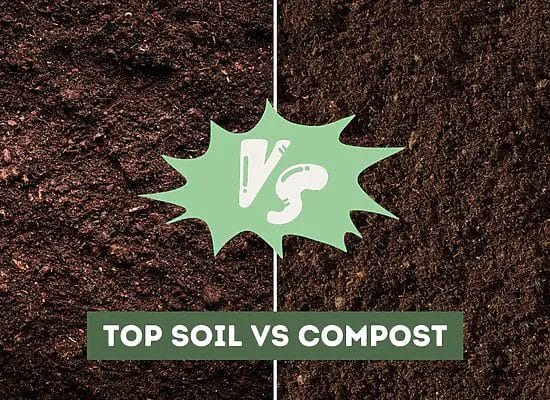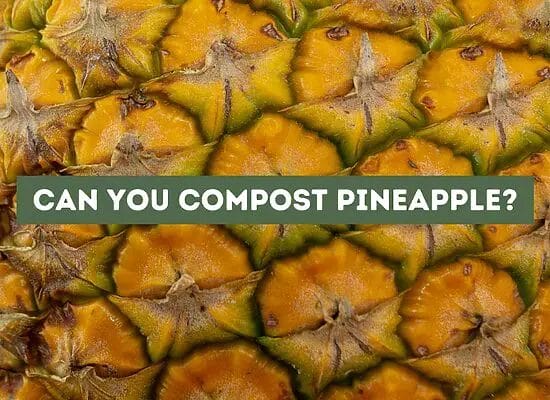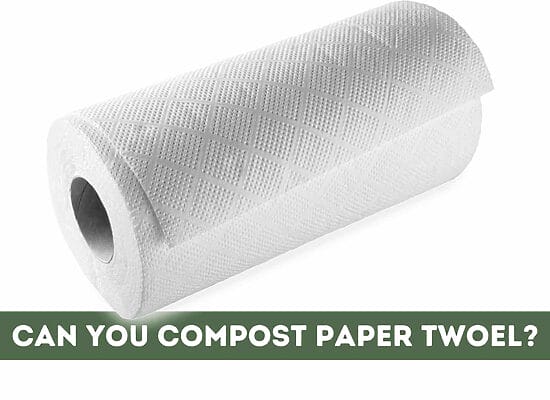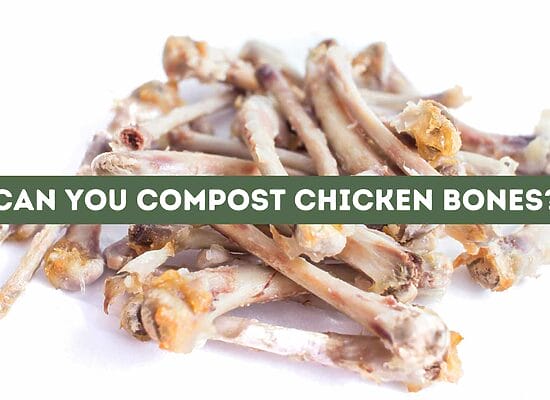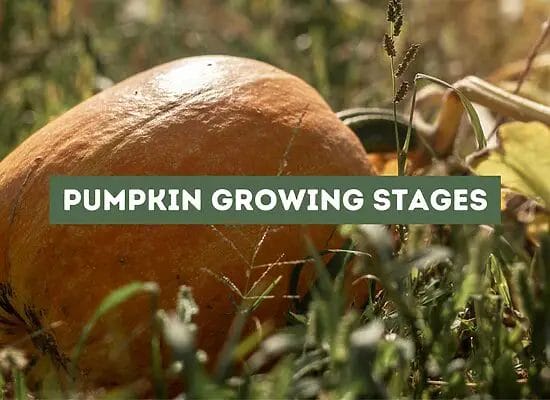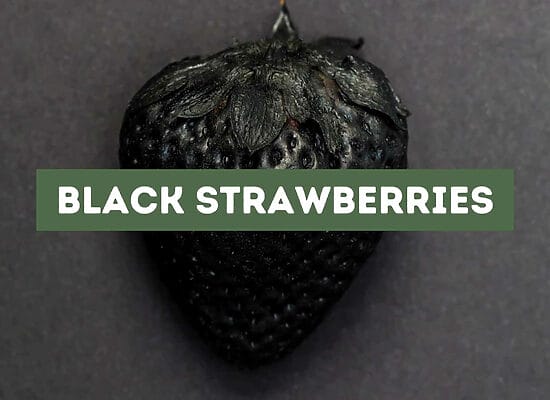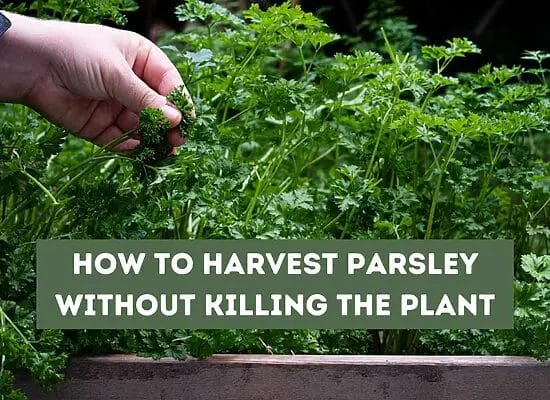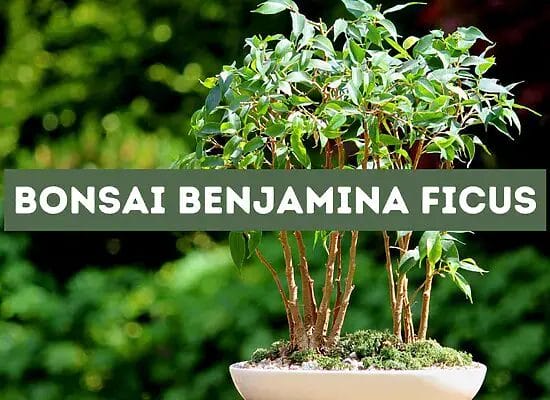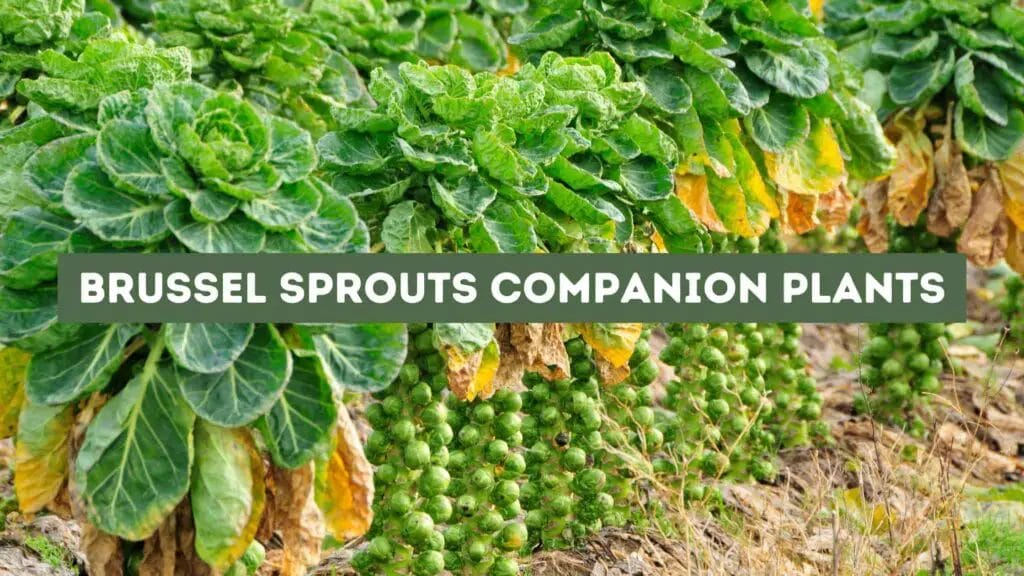
If you’re looking to grow Brussels sprouts in your garden, it’s important to consider companion planting. Companion planting is the practice of growing different plants together that have mutually beneficial relationships. In this case, there are several brussel sprouts companion plants that can help improve their growth and health.
Key takeaways:
- Beneficial Relationships: Companion planting involves growing different plants together for mutual benefits.
- Garlic and Onions: These Allium family members, when planted with Brussels sprouts, repel pests like aphids, beetles, and cabbage worms.
- Marigolds: Planting marigolds alongside Brussels sprouts can deter nematodes, attract beneficial insects, and add color to the garden.
- Beets and Carrots: Root vegetables like beets and carrots improve soil structure, drainage, and attract helpful insects.
- Basil and Mint: Basil repels thrips, flies, and mosquitoes, while mint deters flea beetles and aphids.
- Peas and Dill: Peas enrich the soil with nitrogen and attract pollinators, while dill attracts beneficial insects.
- Nasturtium and Rosemary: Nasturtium repels aphids and squash bugs, while rosemary helps deter cabbage moths and bean beetles.
Understanding Brussels Sprouts
Brussels sprouts are members of the Brassica oleracea (cabbage) family, which also includes kale, cauliflower, kohlrabi, and broccoli. These plants are part of the Cruciferae family, also known as the mustard family. Brussels sprouts are a cool-season crop, typically grown in late summer, fall, and winter.
The plant grows on a stalk, with small buds sprouting from the sides. These buds are what we know as Brussels sprouts. They require full sun and cool temperatures to grow properly. The plant can grow up to 2-3 feet tall and can take up to 3-4 months to mature.
Brussels sprouts are a nutritious vegetable, rich in vitamins C and K, fiber, and antioxidants. They are a versatile vegetable that can be roasted, sautéed, boiled, or even eaten raw in salads.
When growing Brussels sprouts, it is important to consider their companion plants. These plants have similar nutritional, water, and light requirements and can help improve the growth and health of the Brussels sprouts. Some good companion plants for Brussels sprouts include sage, chamomile, garlic, marigold, dill, onions, basil, celery, mint, peas, carrots, rosemary, and beans.
It is also important to note that there are some plants that should not be grown with Brussels sprouts, as they can attract pests or compete for resources. These plants include strawberries, tomatoes, peppers, and eggplants.
When harvesting Brussels sprouts, it is best to wait until the sprouts are firm and about 1-2 inches in diameter. You can harvest the sprouts from the bottom of the stalk up as they mature at different rates.
Companion Plants for Brussels Sprouts
When it comes to companion planting for Brussels sprouts, there are several options to choose from. Companion plants can help to ward off pests, attract beneficial insects, and even improve the flavor of the Brussels sprouts. Here are some good companion plants to consider:
- Garlic and Onion: These alliums can help to repel pests such as aphids, cabbage worms, and slugs.
- Mint: Mint can help to deter flea beetles and aphids. However, it’s important to plant mint in a container, as it can be invasive.
- Marigolds: Marigolds can help to repel nematodes, whiteflies, and other pests. Plus, they add a pop of color to your garden.
- Beets and Carrots: These root vegetables can help to break up the soil and improve drainage. They also attract beneficial insects such as ladybugs and lacewings.
- Basil: Basil can help to repel thrips, flies, and mosquitoes. Plus, it’s a delicious herb that pairs well with Brussels sprouts.
- Peas: Peas are nitrogen-fixing plants, which means they can help to improve the soil. They also attract pollinators and beneficial insects.
- Dill: Dill can attract beneficial insects such as ladybugs and hoverflies. Plus, it’s a tasty herb that can be used in a variety of dishes.
- Nasturtium: Nasturtium can help to repel aphids, whiteflies, and squash bugs. Plus, the flowers are edible and make a colorful addition to salads.
- Rosemary: Rosemary can help to repel cabbage moths and bean beetles. Plus, it’s a flavorful herb that can be used in a variety of dishes.
While there are many good companion plants for Brussels sprouts, there are also some plants to avoid. These include:
- Cabbage, Broccoli, Kale, and Cauliflower: These plants are in the same family as Brussels sprouts and have similar growing requirements. Planting them together can lead to competition for nutrients and space.
- Potatoes: Potatoes can attract pests such as Colorado potato beetles and wireworms, which can also attack Brussels sprouts.
- Tomatoes, Peppers, and Strawberries: These plants are susceptible to the same pests and diseases as Brussels sprouts, so planting them together can increase the risk of infestations.
- Corn: Corn is a heavy feeder and can deplete the soil of nutrients, which can be detrimental to Brussels sprouts.
- Chamomile: While chamomile is often recommended as a companion plant, it can attract aphids, which can also attack Brussels sprouts.
Pests and Diseases of Brussels Sprouts
Brussels sprouts can be susceptible to pests and diseases that impact their growth and yield. Early identification and management of these issues are crucial for a thriving harvest. Here are some of the common pests and diseases that can affect Brussels sprouts:
Pests
- Aphids: These small, pear-shaped insects can be found on the undersides of leaves and cause damage by sucking sap from the plant. They can be controlled by introducing natural predators like ladybugs or by spraying the plant with a mixture of water and dish soap.
- Flea beetles: These small, jumping insects can cause significant damage to the leaves of Brussels sprouts. They can be deterred by planting companion plants like mint or by using row covers.
- Cabbage loopers: These caterpillars can cause significant damage to the leaves of Brussels sprouts by chewing holes in them. They can be controlled by introducing natural predators like parasitic wasps or by using Bacillus thuringiensis (BT), a natural bacteria that targets caterpillars.
- Squash bugs: These insects can be found on the undersides of leaves and can cause significant damage to the plant by sucking sap from it. They can be controlled by introducing natural predators like tachinid flies or by handpicking them off the plant.
Diseases
- Black rot: This bacterial disease can cause blackening and rotting of the stems and leaves of Brussels sprouts. It can be prevented by practicing good crop rotation and avoiding planting Brussels sprouts in the same area for more than two years.
- Clubroot: This fungal disease can cause stunted growth and yellowing of the leaves of Brussels sprouts. It can be prevented by practicing good crop rotation and avoiding planting brassicas in the same area for more than two years.
- Blight: This fungal disease can cause wilting and yellowing of the leaves of Brussels sprouts. It can be prevented by practicing good sanitation and avoiding overhead watering.
Beneficial Insects and Plants
When it comes to growing Brussels sprouts, beneficial insects can be your best friends. These insects can help pollinate your plants, ward off pests, and even help control disease. Here are some of the most common beneficial insects you can attract to your garden:
- Ladybugs: Ladybugs are great for controlling aphids, which can be a major problem for Brussels sprouts. They also eat other pests like mites and scale insects.
- Parasitic Wasps: These tiny wasps lay their eggs inside the bodies of other insects, effectively killing them. They are especially good for controlling caterpillars and other soft-bodied insects that can damage your plants.
- Pollinators: Bees, butterflies, and other pollinators can help ensure a good harvest of Brussels sprouts. Without them, you may not get as many sprouts, or they may be smaller than usual.
To attract these beneficial insects to your garden, you can plant certain companion plants. Here are some of the best companion plants for attracting beneficial insects:
- Nasturtiums: These colorful flowers are great for attracting ladybugs and other beneficial insects. They also repel aphids and other pests.
- Geraniums: Geraniums are another flower that can attract ladybugs to your garden. They also repel cabbage worms and other pests.
- Aromatic Plants: Plants like basil, mint, and garlic can help repel pests and attract beneficial insects to your garden. They also add a nice scent to your garden.
In addition to attracting beneficial insects, you can also use certain plants to repel pests. Here are some of the best companion plants for repelling pests:
- Marigolds: Marigolds are great for repelling aphids, whiteflies, and other pests. They also attract ladybugs to your garden.
- Onions and Garlic: These plants can help repel pests like aphids, cabbage worms, and slugs. They also add flavor to your cooking.
- Celery: Celery is a great companion plant for Brussels sprouts as it repels pests like white cabbage moths.
By planting these companion plants alongside your Brussels sprouts, you can create a healthy and thriving garden that benefits both you and your plants.
FAQ: Brussel Sprouts Companion Plants
What are some good companion plants for cauliflower?
Cauliflower is a member of the same family as Brussels sprouts, so they have similar companion planting requirements. Good companion plants for cauliflower include beets, carrots, celery, spinach, and Swiss chard. These plants help to attract beneficial insects and improve soil quality.
Can Brussels sprouts be planted next to broccoli?
Yes, Brussels sprouts and broccoli are both members of the Brassica family and can be planted together. They have similar companion planting requirements and can benefit from each other’s presence. In fact, planting them together can help to deter pests and improve soil quality.
Can cabbage and Brussels sprouts be planted together?
Yes, cabbage and Brussels sprouts can be planted together because they have similar companion planting requirements. They both benefit from being planted with beets, carrots, celery, spinach, and Swiss chard.
What are some plants that should not be planted next to Brussels sprouts?
Brussels sprouts should not be planted next to plants in the nightshade family, such as tomatoes, peppers, and eggplants. They should also not be planted next to strawberries or pole beans. These plants can attract pests and diseases that can harm Brussels sprouts.
Can Brussels sprouts be planted with zucchini?
While zucchini is not an ideal companion plant for Brussels sprouts, they can be planted together as long as they are given enough space. Zucchini is a heavy feeder and can compete with Brussels sprouts for nutrients, so it is important to provide enough space for both plants to grow. It is also important to note that zucchini can attract pests that can harm Brussels sprouts, so it is important to monitor both plants closely.

